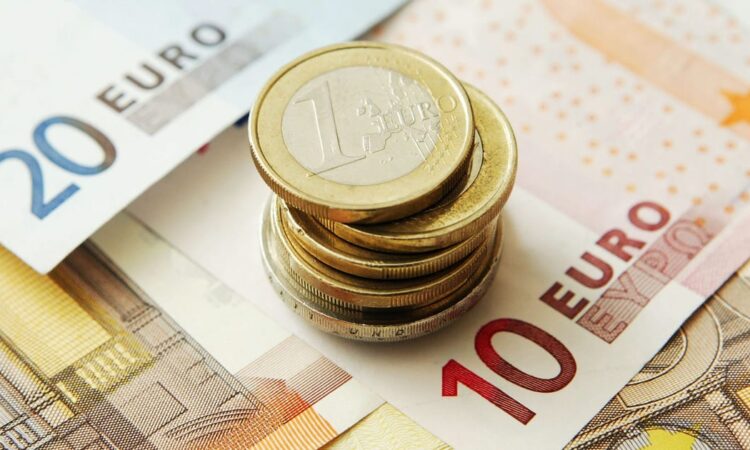
“Clearing is structurally a winner-takes-all business,” said Christian Edelmann, managing partner co-head of Europe, at Oliver Wyman, a management consulting firm.
The use of clearinghouses was made mandatory following the financial crisis, and their politicization harks back even to before Brexit, when the European Central Bank tried to force EU lenders to clear their euro-denominated trades (“euro-clearing”) in the bloc. Ultimately the ECB lost against the U.K. in a landmark court ruling, but after Brexit it became the number one political issue in financial services.
Given the importance of clearinghouses, Brussels has temporarily allowed EU banks to use U.K. ones until June 2025. The intention was that short-term access would give Europe time to cut the City of London off completely.

French volte-face
Two issues dominated the final deal between the EU executive, lawmakers and governments: how much supervision countries would give up to the EU-wide markets regulator, and the number of financial trades that would need to take place in EU clearinghouses under the rules.
The latter was the most divisive: The debate centered on an “active account” proposal, which, as it sounds, would require EU banks to hold an account at a bloc-based clearinghouse, and have a certain number of trades in that account.
Given the subject of the discussions was a piece of EU legislation that would drag business into the bloc, potentially benefiting countries financially, as well as improving their oversight of key financial trades, it came as a surprise that the two opposing sides were not the U.K. and the EU, but France and Germany.






